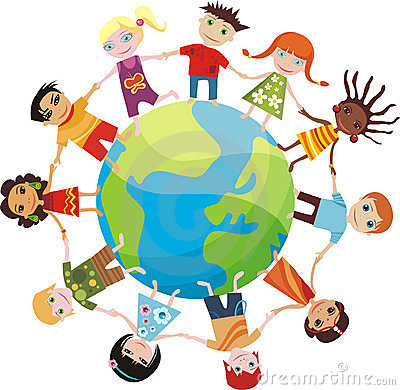After going through the video recommended by Elliot and also the readings for week 4, to just simply put it – the term six degrees of separation is not something new to me. But i never knew that based on this theory that we were all only separated by 6 people came out further studies on networking and how the brain is synchronised.
But is the world really getting smaller? Is six degrees of separation possible without the aid and advancement of technology? In fact, many people are being connected straight away because of the internet, the advancements of phones or walkie talkies, any mode of communication which does not require us to travel.
So basically the six degrees of separation has been cut short. In the video, there was an experiment done where people from all over the world are given a parcel to be sent to a professor in harvard, someone they do not even know. So they send the parcel from one to another until it reaches the professor at the end.
Look, If I was given the parcel at this point of time, I’d probably just search for his name and contact details online and send the parcel directly to him. I guess the point of the experiement was to show that we are all literally six people away from each other. But that was not what I saw in the video.
When you claim that we are six people away from each other, shouldn’t the fifth in line know the professor personally? Or is he just the sixth guy who so happens to live in the same city as him? It’s no long about the six degrees of separation but rather the networks that go behind it.
They always say, that networking and socialising is very important, it aids businesses, boosts economies indirectly and even improve bilateral ties between countries. And i believe the very fact that we are able to connect and be able to network is because technology is bringing the world together. It is the reason why the world is getting smaller.
I love how the whole theory of networking eventually led up to a certain understanding of network with proteins in our cells and maybe one day an evolution. These two are completely different case studies working together. It is amazing to see the concept of networking behind the lines. Whether it is through technology, protein cells or even human social networking. It brings all of us together somehow one way or another.
What can I say? It’s a small world after all.





